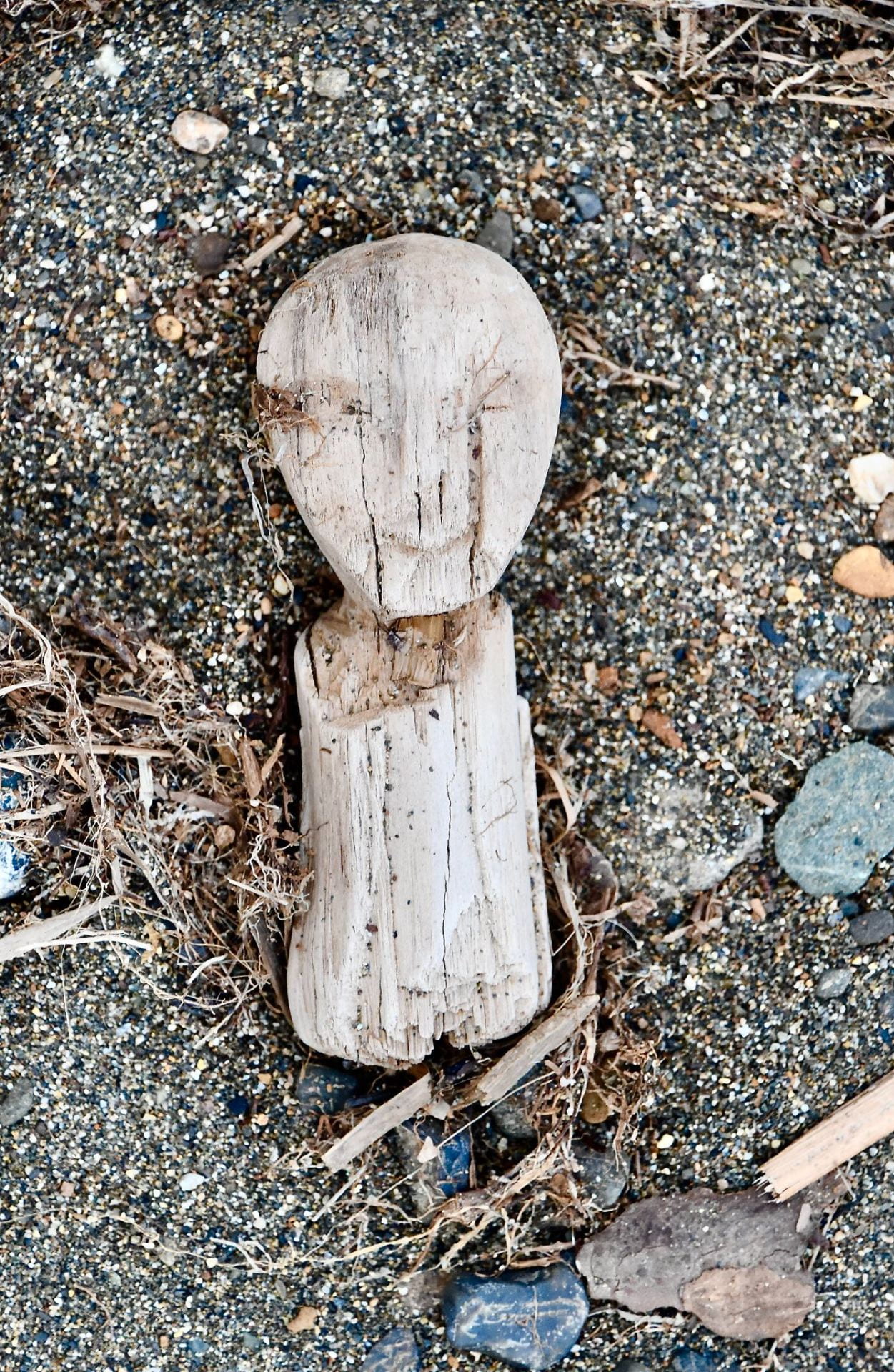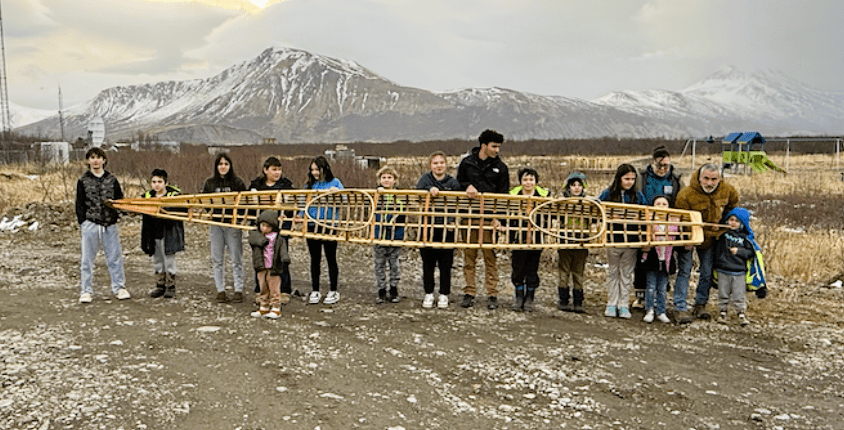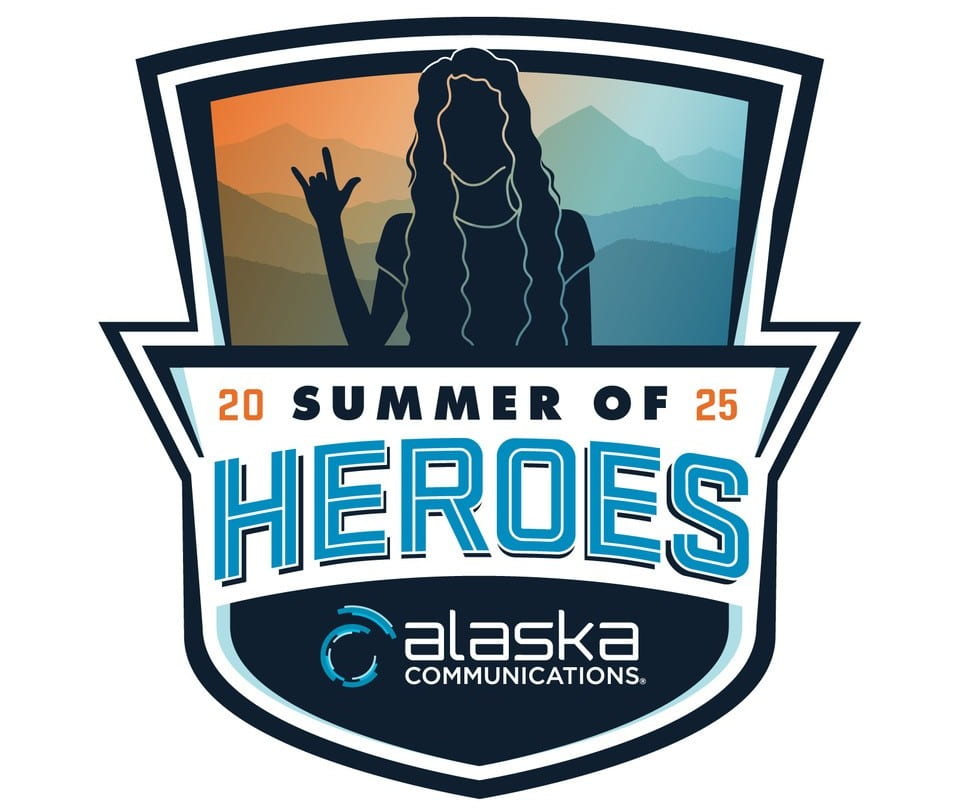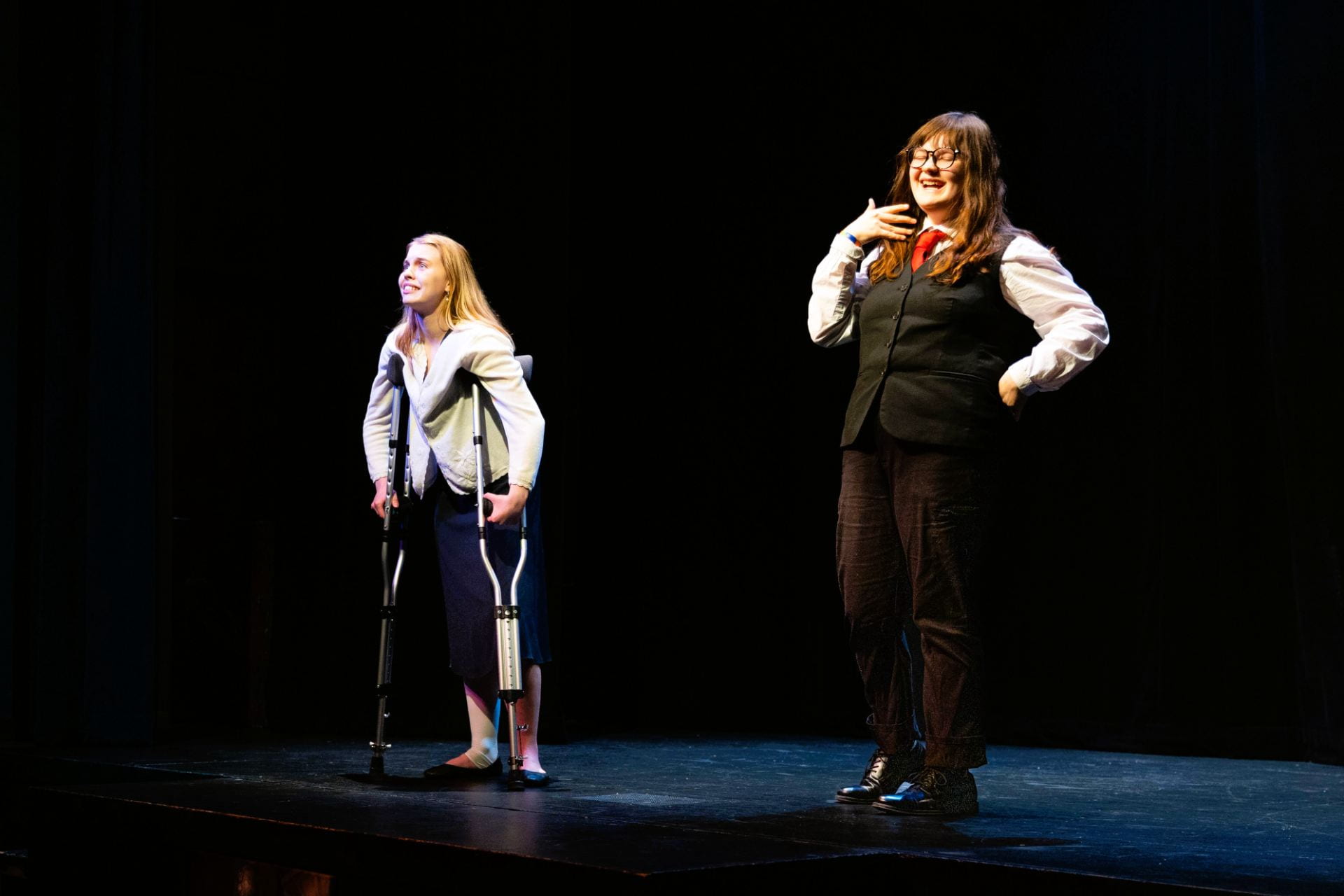“We’re hoping that the graphic novel and trading cards can serve as a resource for teachers in Alaska and help make kids excited about our unique civil rights history.”
In the spring of 1961, the citizens of Utqiaġvik were hungry. After a particularly poor whaling season, the migrating eiders appeared almost mana-like to families with empty larders. Yet when the first bird was taken, the hunter was immediately arrested by federal game wardens for violation of the Migratory Bird Treaty Act. The treaty had banned duck hunting in spring—the only time the bird was present in Alaska. Given the choice between prison and starvation, the villagers solicited the local magistrate, Sadie Neakok. Sadie was the first Alaska Native magistrate and worked to desegregate Point Barrow Long Range Radar Site. And, she had a plan.
That night, the best hunters of Utqiaġvik went out and fell as many eiders as they could. Sadie worked to distribute the harvest among the town. The next morning, as the game warden made his way to his office, he was greeted by a line of more than a hundred townsfolk, each with a bird in hand and asking to be arrested. Terrified of how to explain this to his superiors, the game warden ran to consult the best legal mind in town: Sadie Neakok. Sadie calmly began explaining the mountain of paperwork that would need to be filed, how many flights should be reserved to transport the hunters down to a Fairbanks jail, and the dozens of social workers that would need to be imported to address the hundreds of newfound parentless children. After some careful consideration and a national public outcry, the game warden chose to drop all charges. Utqiaġvik would not starve that year.
 Continue reading ‘New Free Resources for Teaching Alaska Civil Rights History’ by Alexander Roider
Continue reading ‘New Free Resources for Teaching Alaska Civil Rights History’ by Alexander Roider











